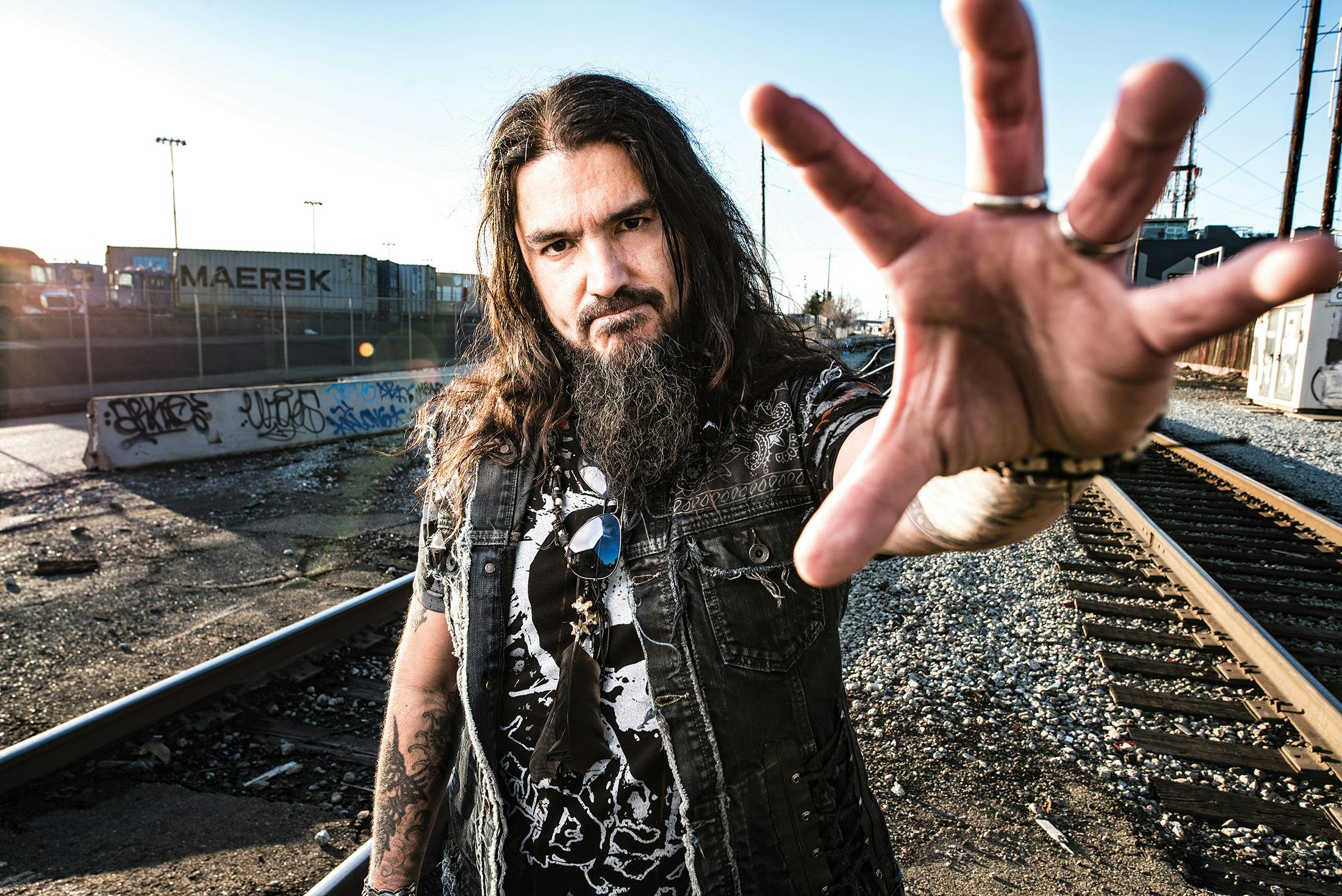For a generation of 30-something metallers, the Bay Area smashers’ journey has run parallel to their own.
I was eight years old when their incendiary debut Burn My Eyes dropped in 1994: too young to understand the righteous anger coursing through songs like Davidian, Old and Block when exposed to them in the company of older, cooler friends – but old enough to recognise the prickle of excitement that comes with being turned on to something truly special.
Seeing grainy VHS footage from Machine Head's 1995 Dynamo Festival performance seared, fittingly, into memory.
It would take another five loops round the sun to reach something close to true appreciation. 1999 was a hell of a time to be a fledgling fan of heavy music. The mainstream – the real mainstream – was on its way to being spectacularly infiltrated by nu-metal. We were in that pre-millennial sweet spot where the genre hadn’t quite jumped the shark yet. Korn were the most exciting band on the planet. Post-Woodstock, Limp Bizkit still had an air of danger. It was the era of Napster and penniless high school kids trading dodgy CD-Rs full of thrilling new sounds at the back of shadowy classrooms.
On the face of it, I was one of the purist assholes. You know, the ones who’ll spurn any trendy new sounds in favour of Metallica’s first four albums and who can recite every lyric of Slayer’s Reign In Blood with the rhythm of a pneumatic drill. Publicly, nu-metal was anathema to everything I stood for. Secretly though, I had a real soft spot for those slamming sounds. Somehow, Machine Head satisfied both sides of that divided loyalty.
Burn My Eyes was now an accepted masterpiece. Amidst the rise and fall of grunge, a swirl of metal experimentation, Iron Maiden hitting the skids and Metallica ‘selling-out’, they had become standard bearers for music that simply wanted to kick ass. 1997’s The More Things Change… suffered difficult second album syndrome but largely held the course. Then original guitarist Logan Mader (now of Once Human) departed and things started to get weird.
